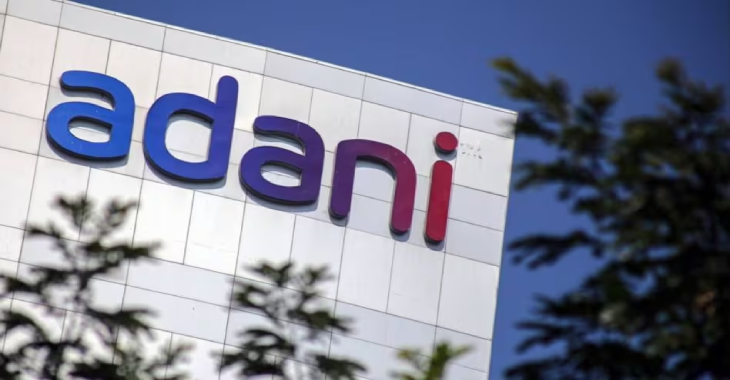The Adani Group said on Tuesday that it will enter the Battery Energy Storage Systems (BESS) market with a ground-breaking 1,126 MW/3,530 megawatt-hour (MWh) project that will be put into service by March 2026.
With the deployment of over 700 BESS containers, the project would be the biggest BESS installation in India and among the biggest single-location BESS installations globally.
With a 1,126 MW power capacity and a 3,530 MWh energy storage capacity, this BESS project would increase the 1,126 MW power capacity by three hours.
“The foundation of a future powered by renewable energy is energy storage. With this momentous endeavor, we are not only establishing international standards but also reaffirming our dedication to India’s sustainability and energy independence. Gautam Adani, Chairman of the Adani Group, stated, “This initiative will enable us to deliver dependable, clean, and affordable energy solutions at scale.”
This strategic move is a turning point in India’s clean energy journey as the Adani Group becomes one of the world’s leading energy companies investing in large-scale storage facilities.
The corporation claims that the strategic project is a significant step toward improving India’s energy security, providing clean electricity around-the-clock, and assisting the nation’s shift to a low-carbon future.
By lowering transmission congestion, mitigating solar curtailment, and easing peak demand constraints, the BESS will significantly increase grid efficiency and dependability.
The project is being built using state-of-the-art lithium-ion battery technology and is being combined with sophisticated energy management systems to ensure optimal performance and dependability. It is currently in the advanced phases of deployment at Khavda, the largest renewable energy facility in the world.
The deployment will play a crucial part in decarbonizing the electricity industry by supporting energy shifting and peak load control.
By March 2027, the Adani Group intends to install an extra 15 GWh of BESS capacity, with a long-term goal of 50 GWh overall over the following five years.
Read More
Today, Amit Shah will launch “CoopKumbh 2025” in New Delhi


